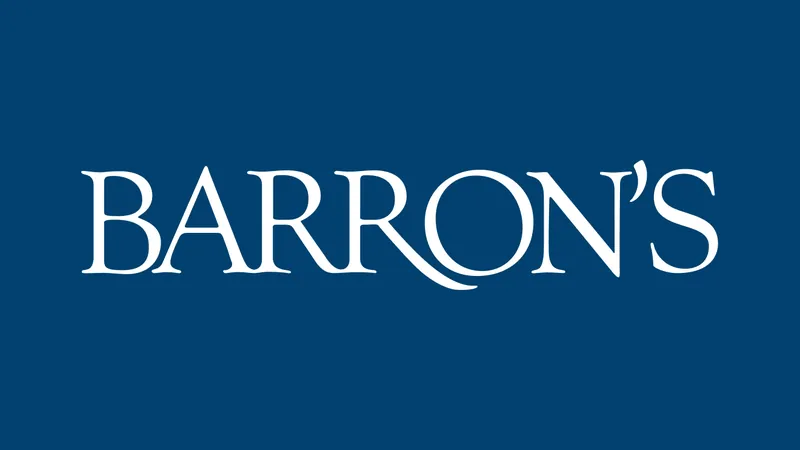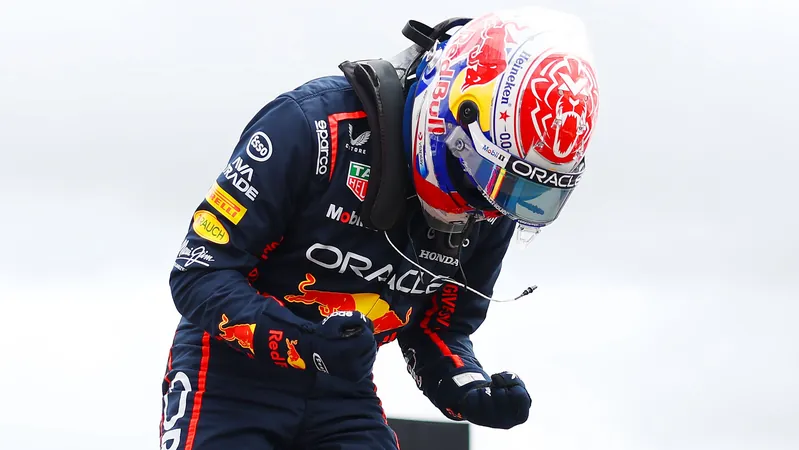
Top Judges in Hong Kong Urged to Halt Their Role in a Police State
2025-01-08
Author: Yan
In a striking courtroom scene on Wednesday, activist Chow Hang-tung, dressed in sneakers and a beige coat, took a bold stance against Hong Kong's highest judicial authority, delivering a rare yet powerful rebuke to the chief justice and fellow judges. "A police state is created with the complicity of the court in endorsing the government's abuses. Such complicity must stop now," she declared, highlighting the alarming erosion of judicial independence.
This courtroom confrontation occurred amidst a backdrop of escalating tensions in Hong Kong, particularly after Beijing instituted a sweeping national security law in 2020. This law, a response to massive pro-democracy protests the previous year, has prompted a significant exodus of foreign judges from the Court of Final Appeal. Notably, British judge Jonathan Sumption resigned last year, stating that Hong Kong's "rule of law is profoundly compromised." Currently, only six overseas judges and eight local judges remain at the apex of the judiciary.
Chow criticized local authorities for "treading on law's dignity to bolster the police's authority," an assertion that underscores the controversial shift in governance and legal norms within Hong Kong. She was a prominent leader of the now-disbanded Hong Kong Alliance, previously known for organizing the annual candlelight vigil commemorating the Tiananmen Square massacre on June 4, 1989—a vigil that, despite its historical significance, has faced increasing suppression in recent years.
The hearing was part of an ongoing three-year legal battle involving Chow and her colleagues, who have resisted police demands for information regarding the Alliance's membership and finances. The government has branded the organization a "foreign agent," allowing police to act on mere allegations rather than requiring solid evidence to substantiate such claims in court.
"A police state is where the police are free to accuse anyone of being a foreign agent, and the court is obliged to defer to that judgment, even if that is clearly wrong," Chow stressed, illuminating the stark realities faced by civil society in the region.
In a moment of tension, the chief justice attempted to direct Chow towards more technical legal arguments, though he and other judges expressed skepticism regarding the government’s rationale. As Chow exited the courtroom, she was greeted with supportive applause, symbolizing the steadfast solidarity of those advocating for democracy and human rights in Hong Kong.
The court's ruling is anticipated in the near future, and it remains uncertain how these proceedings will further impact the already fragile state of judicial autonomy in Hong Kong. As the city grapples with its identity under an increasingly authoritarian regime, the world watches closely. Will the very institutions designed to uphold justice become a tool for oppression? Only time will tell.

 Brasil (PT)
Brasil (PT)
 Canada (EN)
Canada (EN)
 Chile (ES)
Chile (ES)
 Česko (CS)
Česko (CS)
 대한민국 (KO)
대한민국 (KO)
 España (ES)
España (ES)
 France (FR)
France (FR)
 Hong Kong (EN)
Hong Kong (EN)
 Italia (IT)
Italia (IT)
 日本 (JA)
日本 (JA)
 Magyarország (HU)
Magyarország (HU)
 Norge (NO)
Norge (NO)
 Polska (PL)
Polska (PL)
 Schweiz (DE)
Schweiz (DE)
 Singapore (EN)
Singapore (EN)
 Sverige (SV)
Sverige (SV)
 Suomi (FI)
Suomi (FI)
 Türkiye (TR)
Türkiye (TR)
 الإمارات العربية المتحدة (AR)
الإمارات العربية المتحدة (AR)